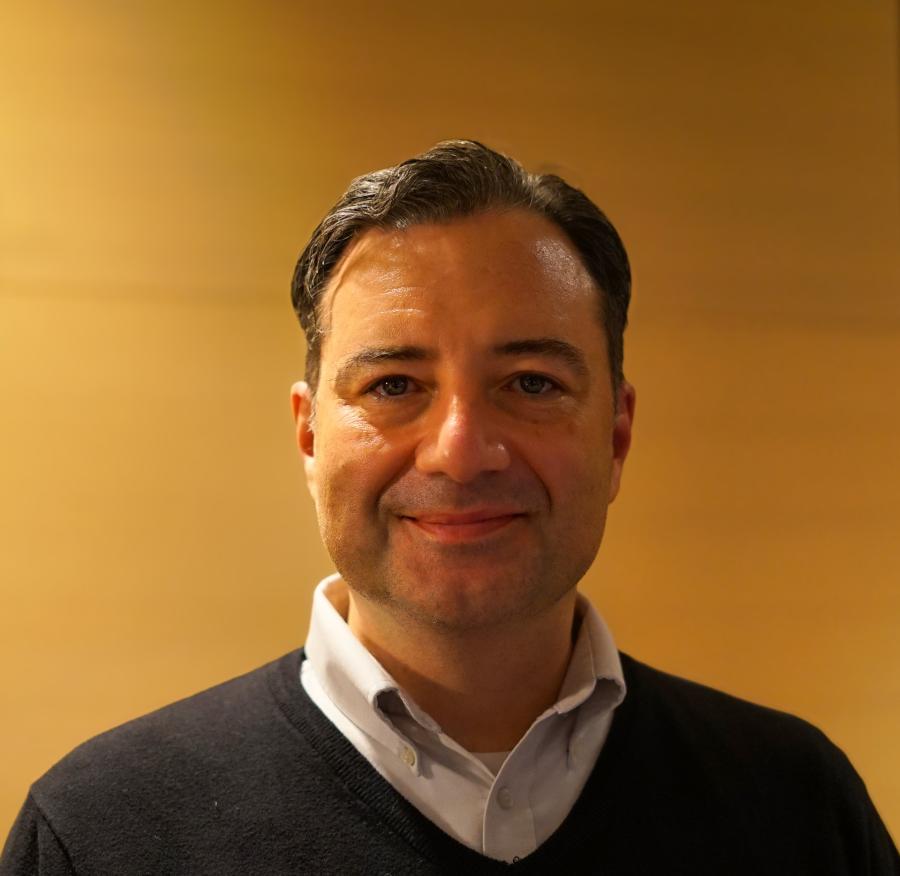
December 15, 2021 — The Master of Supply Chain Transportation & Logistics program (MSCTL) has awarded Dave Hunsaker (MSCTL ’23) a SCTL Scholarship, selected from this year’s incoming students to receive $5,000 towards tuition expenses.
Hunsaker has Bachelor’s degrees from the University of Washington in Comparitive History of Ideas and from Evergreen State College in Molecular Biology, and a Master’s degree in Bioscience from the Tokyo Institute of Technology. He currently works as an inspector for the National Oceanic and Atmospheric Administration (NOAA) and previously worked as a consumer safety officer for the U.S. Food and Drug Administration (FDA).
We connected with Hunsaker to discuss the award and enrolling in the program.
SCTL: How did you decide to apply for the Supply Chain Transportation & Logistics Master’s degree program?
Hunsaker: Ultimately it was my interactions with the faculty and the administrative staff that convinced me to attend the program. I went to an informational meeting, sent a lot of emails, asked a ton of questions, and as a result became impressed with the depth of knowledge and thoughtfulness of the people who make up the program. I also liked the program’s emphasis on supporting graduates in finding jobs after they graduate.
SCTL: What made you decide to pursue a Master’s degree?
Hunsaker: Career growth is my main reason for coming back to the University of Washington. Advanced education can open our minds in many ways, introducing us to people and concepts that permanently enhance the way we see the world. I’m hoping the enhancement process will also open up some new career opportunities.
SCTL: What do you like about working in the supply chain industry?
Hunsaker: Supply chain takes a systematic approach to understand and work with the technologies that are remaking the world we live in. Some recurring problems I see in my job (such as certifications of product criteria and accurate information transfer) are directly related to supply chain issues, but without further education I don’t have the tools to deal with these issues effectively. The SCTL program is also aggressively multi-disciplinary and that is a huge selling point to me. Each discipline has its strengths singly, but those same disciplines are even stronger when they can be used together in a flexible way.
SCTL: Who influenced your career path?
Hunsaker: The current leadership at the NOAA Seafood Inspection program has influenced me greatly. They have made me see the strength of a systems based approach to the complex problems we engage with in our lives.
SCTL: What are you looking forward to over the next two years in the program?
Hunsaker: I look forward to learning more about the Urban Freight Lab. Working at the intersection of public, private, and academic interests through experiment-driven innovation is a profound and powerful way to approach problems.
SCTL: What do you hope to do after graduating?
Hunsaker: I would like to solidify the theoretical knowledge I pick up in the program with practical experience in a position in the supply chain field.
Learn more:
About our Master of Supply Chain Transportation & Logistics degree program
About our faculty
About our courses and curriculum
How to apply
How we rank
Schedule an appointment with an adviser
About the Master of Supply Chain Transportation & Logistics degree program: A work-compatible hybrid online program, the Master of Supply Chain Transportation & Logistics (MSCTL) degree is designed to enable early- and mid-career professionals to advance in their careers. Our innovative curriculum provides students with a 360-degree view of all aspects of supply chain and logistics — facility design, inventory management, data analysis, risk, IT systems, business strategy, freight transport, and performance management — so students graduate ready to make evidence-based decisions and navigate complex real-world problems.